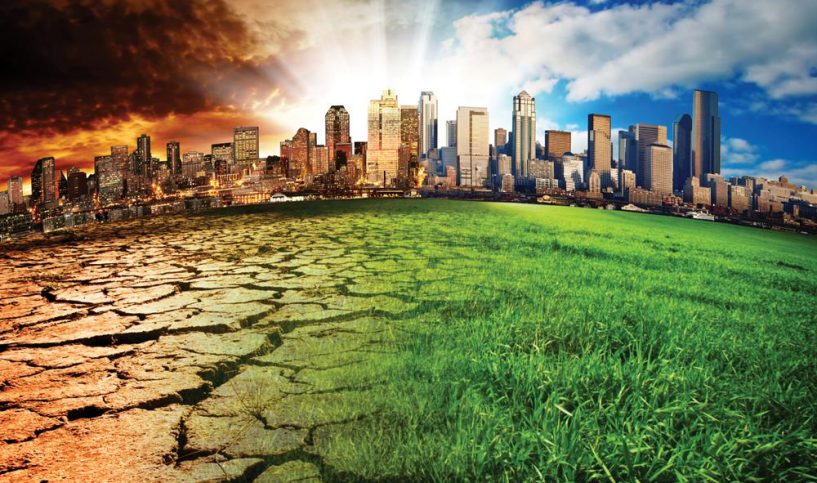It is easy to take the weather for granted, until the moment it decides to remind you of just how quickly things can change. I stood on the beach one early morning in mid spring, basking in the warm rays of the sun and eagerly anticipating swimming in the clear turquoise waters of the not-so-aptly-named Red Sea. I decided to grab a quick bite to eat, taking for granted that the sun would remain steadfast in the clear blue skies.
It was a matter of moments; as I stepped into the conveniently located café for a cup of coffee, a change in the winds led to an unforeseen but rapid gathering of dark ominous clouds, accompanied by rapid gusts of cold winds that unhelpfully caught the beach umbrellas unawares and took them on brief but exciting trips across the beach. Not about to be left out, rain decided to join in the festivities by pattering everything in sight as if it had personally offended them.
I watched the umbrellas dance with the rising winds, and the boats tug against the pull of the accelerating waves, and the panicking people who were not so fortunate to have my nerves of steel and a thick pane of glass between themselves and the climactic events going on outside, and I realized how frequently we underestimate the effects of climate on our lives and behaviors.
Observing the effects of the sudden change of weather, it became increasingly clear in my mind that the effects of ill preparedness and complacency towards a rapidly changing climate could potentially be devastating. The smallest change in a natural phenomenon causes ripples and chain reactions that seem to adhere to chaos theory and the butterfly effect; by the time that ripple has taken a trip around the world, it becomes an unstoppable hurricane.
Meteorological scientists have all but gone hoarse with shouting at the rest of us to stop messing with the environment and start paying attention to the fact that we are in fact doing the collective equivalent of standing on the top of Odin Hill and challenging Thor to strike us down with lightening. Even politicians, governments, and international organizations renowned the world over for being slow on the uptake, have begun to voice their concerns about climate change.
What does any of this have to do with me, you ask, very conveniently setting up the next part of this article? Well, dear reader, allow me to respond to your pertinent, and I must add very clever, query; despite the fact that now even governments have begun to acknowledge that climate change is an indisputable reality that will change the face of the earth over the next few decades, our individual behavior has changed very little to reflect this. Most of us adopt the notion that it will not be our insignificant contribution that will stop the inevitable tide of change in the same way that no single snowflake believes that it is responsible for the avalanche.
Instead of maintaining behavioral trends that we have developed over the course of our existence, throughout most of which we did not acknowledge the existence of climate change, it might be a good idea to begin taking a few proactive steps that will serve to help us cope with a dynamic environment. At this point, many of you are assuming that I will encourage you to stop driving a particular kind of car, or use the air conditioning a little less or use fewer aerosols, or some such inconvenient and unpopular message. Far from it, especially now that summer is here and nobody will want to be anywhere near someone who does not use aerosols, especially if they couple that with reduced AC usage.
On an individual level, the first step is not to attempt to change the world, but rather just take care of yourself; develop a habit of being well informed about local meteorological trends, and how they affect you and what your responses should be. In the Middle East for instance, and in the Gulf particularly, awareness of the effects of an increasingly punishing Sun on your skin is no longer a luxury; reduced atmospheric protection for instance might entail an increased risk of contracting melanoma, which is not something to be taken lightly, while increased exposure to the cocktail of emissions that lurk about urban centers factor into the equation by being tied to an increase in the number of respiratory illnesses.
Just being aware of the risks to you as an individual and the steps necessary to reduce the risk of suffering the adverse effects resulting from climate change will be the first step towards making a change; changes in individual behaviors trigger changes in community behaviors, and eventually national and hopefully global behaviors. And if not, well at least you will know enough to keep yourself safe from harm. Except if a butterfly flaps its wings on the other side of the world of course; nothing will keep you safe from the ensuing hurricane.
Good luck!











